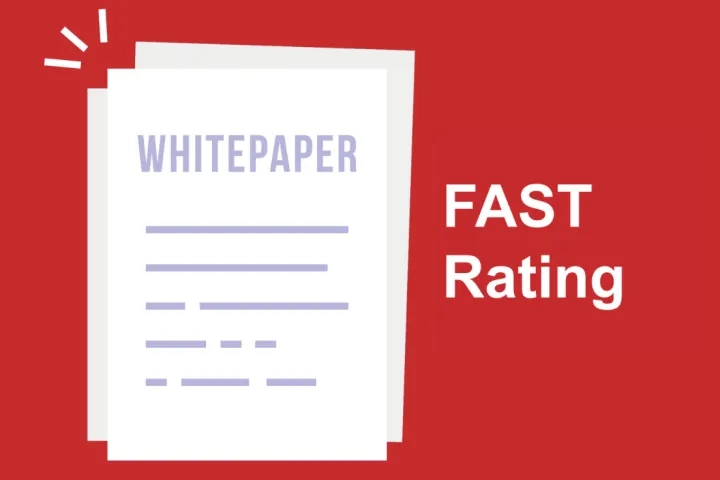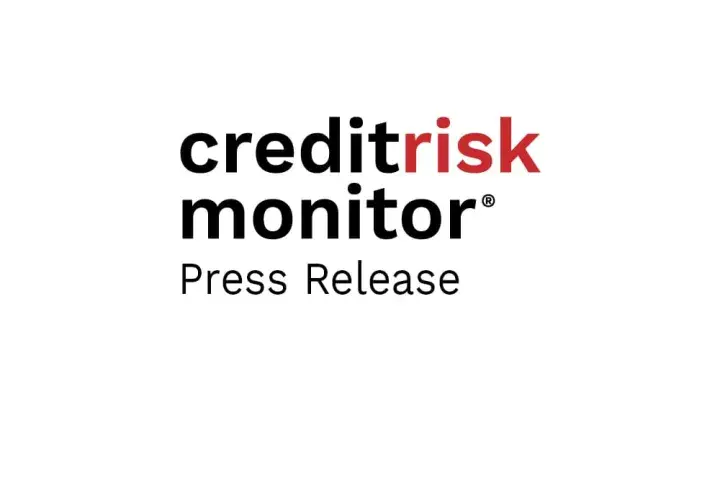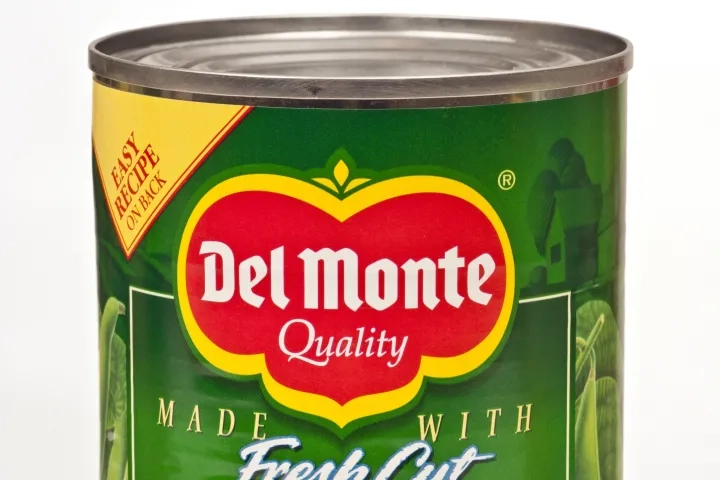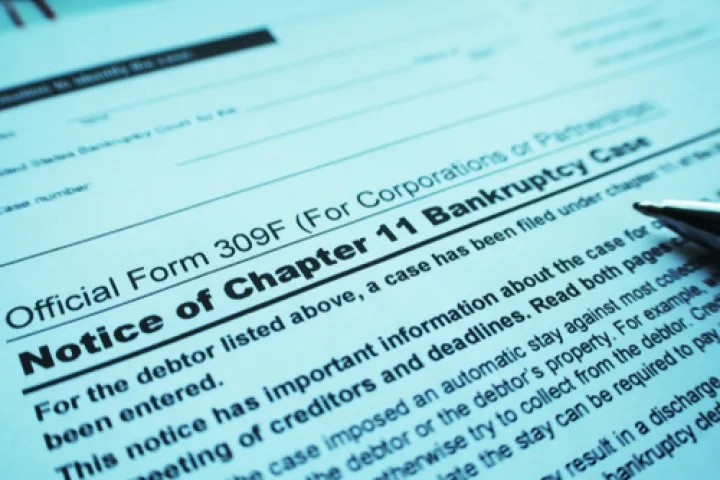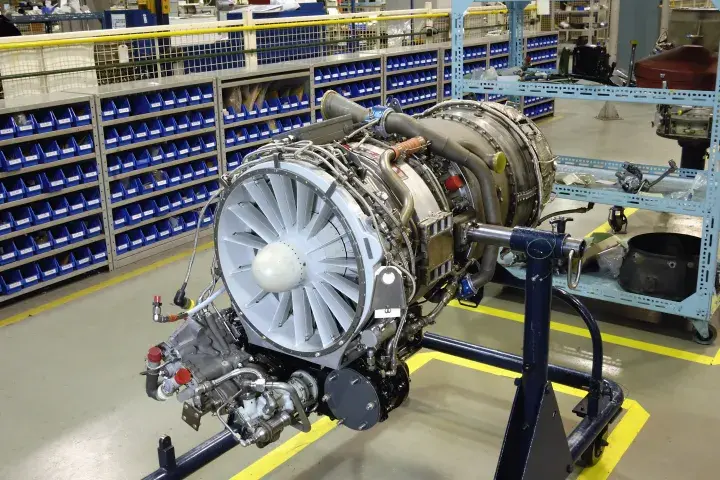Our new AI-driven, Financial Analyst Strength Test (FAST) Rating provides an indicative financial risk assessment for businesses with limited financial information. This model leverages Reinforcement Learning from Human Feedback (RLHF), a type of machine learning, to deliver rating accuracy and consistency. It provides coverage on 3.5+ million international private companies across Europe and Japan.
